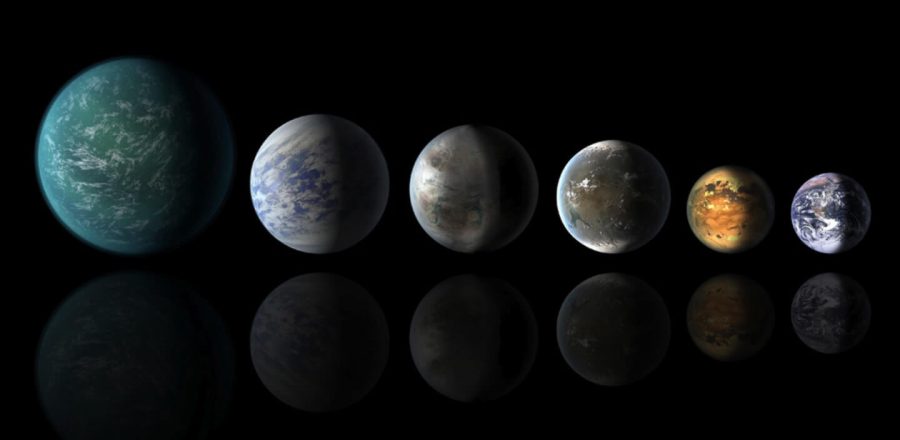Scientists from around the world will meet in Puerto Vallarta to present the most recent results about the search for life, or its precursors, outside of Earth.
The congress is part of the series "New Quests in Stellar Astrophysics", which this year will be held from March 31 to April 5 in Puerto Vallarta with the title "Astrochemistry, Astrobiology and the Origin of Life "
The topics that will be addressed in the congress are varied and interdisciplinary, among others: the formation of complex molecules in regions where new generations of stars are being formed, disc astrochemistry of circumstellar material around . . .






